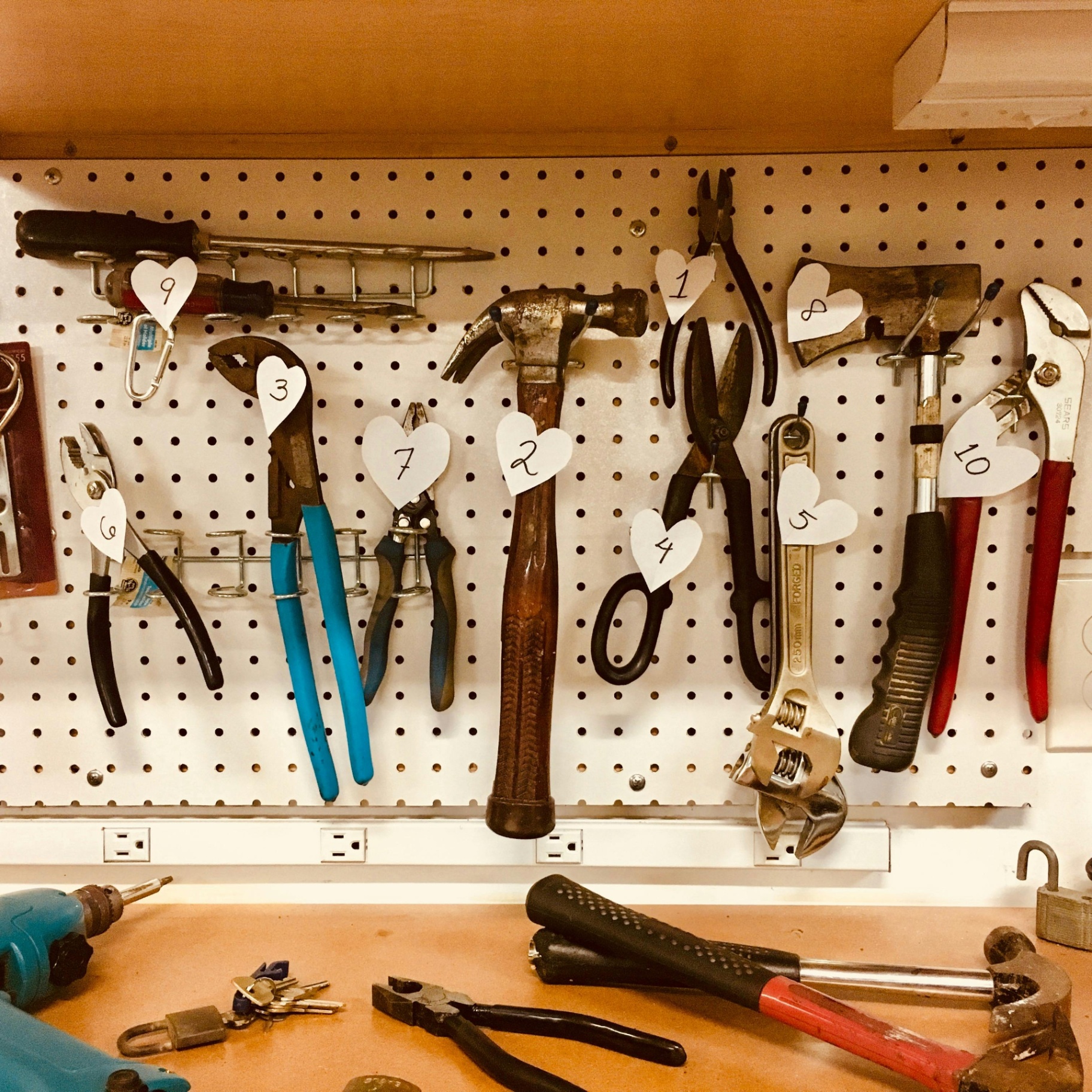Why One Coping Skill Isn’t Enough: Building a Toolbox for Trauma Recovery

Let’s be honest: coping skills sometimes get a bad rap. If you’ve ever heard someone say, “Just take a deep breath,” while you were in the middle of a meltdown, you know exactly what I mean. But here’s the thing: coping skills, when used effectively, can be transformative. The real trick? It’s not about finding one perfect skill. The key is learning to stack them.
After years of research and countless therapy sessions, one truth has emerged: to reliably regulate our emotions and process trauma, most of us need to use four or five coping skills in a row. Yes, in a row. Think of it like assembling a toolkit. One tool might tighten a bolt, but it takes several working together to build something solid. The same principle applies here.
The Science Behind It
Borrowing from Dialectical Behavior Therapy (DBT)—a therapeutic approach designed for emotional regulation—coping skills are tools that help us tolerate distress, regulate emotions, and navigate life’s chaos. DBT emphasizes the importance of using multiple skills, stacked together, to shift from emotional overwhelm to a calmer baseline.
This makes sense when we consider how trauma impacts the brain. When we’re triggered, the nervous system goes into overdrive, and a single action, like breathing deeply, often isn’t enough to soothe us. But combine a few actions—deep breathing, movement, and sensory input—and suddenly, your brain has the resources it needs to start calming down.
How Stacking Coping Skills Works
Imagine your coping skills like a playlist. One song might not change your mood completely, but a carefully curated playlist? That can be magic. For example:
1. Take some deep breaths for two minutes to signal to your brain that you’re safe.
2. Go on a short walk to release some of the energy your body is holding.
3. Turn on your favorite song and sing it out loud to engage your senses and shift focus.
By the time you’re belting out the chorus, your nervous system has had enough support to start regulating itself.
20 Coping Skills to Stack
Everyone’s coping playlist will look a little different, but here are 20 tried-and-true options to mix and match:
1. Take deep belly breaths for two minutes.
2. Go for a brisk walk.
3. Play your favorite upbeat song and dance.
4. Write in a journal—start with “I feel…”
5. Splash cold water on your face to reset your system.
6. Do 10 jumping jacks or a quick stretch.
7. Hug a pillow or wrap yourself in a blanket for comfort.
8. Sip a glass of water slowly and intentionally.
9. Light a candle or use a calming essential oil.
10. Name five things you can see, hear, touch, smell, and taste (grounding exercise).
11. Watch a funny video or meme.
12. Call or text someone you trust just to say hello.
13. Scribble or doodle on a piece of paper—no artistic skills required!
14. Spend a few minutes petting an animal (or looking at pictures of cute animals if you don’t have one).
15. Take a warm shower or bath.
16. Repeat a calming phrase or mantra like, “This feeling will pass.”
17. Chew gum or eat something with a strong flavor, like a mint.
18. Practice a short guided meditation using an app.
19. Walk barefoot on grass or carpet to connect with the present moment.
20. Try progressive muscle relaxation (tensing and releasing each muscle group).
The Bigger Picture
Coping skills aren’t magic wands—they don’t erase pain or fix everything instantly. But they are tools that, when combined thoughtfully, can help us take the edge off, find clarity, and start processing trauma in a manageable way.
So, the next time you feel overwhelmed, resist the urge to dismiss coping skills as “just a deep breath.” Instead, think of them as building blocks. Use one, then another, and another. Before you know it, you’ll have created a pathway back to calm.
And if you’re still not sure where to start, reach out. A good therapist (like me!) can help you build your personal coping skills playlist, tailored to your unique needs. Because no one should have to navigate trauma alone—and sometimes, we all need a little help finding the right tools.
Want to dive deeper into how coping skills can help you process trauma? Schedule a session today! Together, we’ll build your toolkit—and your resilience.


